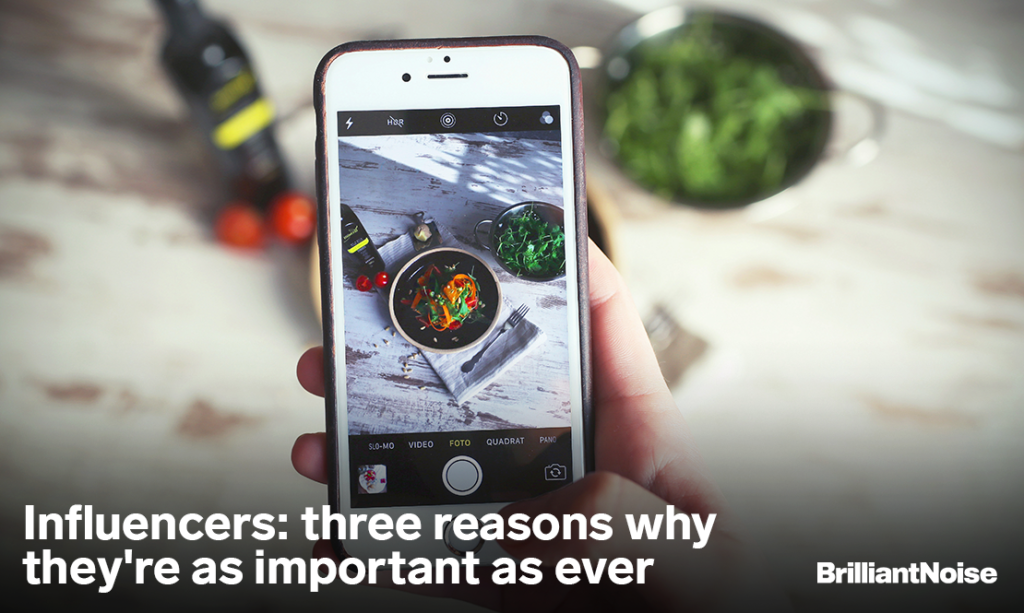
With Spotify’s recent move to buy Gimlet Media for more than $200 million, it seems like there’s gold in them there hills podcasts after all.Starting out life by documenting the trials and tribulations of their start-up phase with the aptly named StartApp, before growing to convert one of their own podcasts into a TV show starring Julia Roberts, the meteoric rise of Gimlet has certainly taken more than a few commentators by surprise. Doubtless, there will soon be a swathe of imitators eager to repeat their success.But how does a company that produces free audio content even get to be worth $200 million?It’s a perfectly valid question. Talk is cheap, after all. The vast majority of podcasters produce their shows in spare time as an alternative to the ubiquitous blog of the early 2000s. As such, podcasts are a labour of love, and nothing more. We can’t all be Gimlet.To any podcasters whose hearts are broken by that, my reaction would be – ouch. If it’s money you’re after, you might want to look at a different hobby; like banking, or larceny. If your sole motivation for starting a podcast is money, you’re almost certainly setting yourself up for disappointment. That’s not to say money can’t be made. Only that there are a great many other ways that podcasts generate value for content creators (and supporters), besides income.Perhaps we’re getting ahead of ourselves. Let’s start with the rare bods who have made small fortunes from their pods. You know… The real freak cases.There are definitely a few notable successes that have transformed their podcast dabbling into full-time gigs. Popular independent shows like 99% Invisible and Lore have all become veritable business empires in their own right since launch.But there’s no way to guarantee a show will end up trapping lightning in a bottle. What we can do, is attempt to explain how money moves in podcasting, and how brands can and should get involved.

